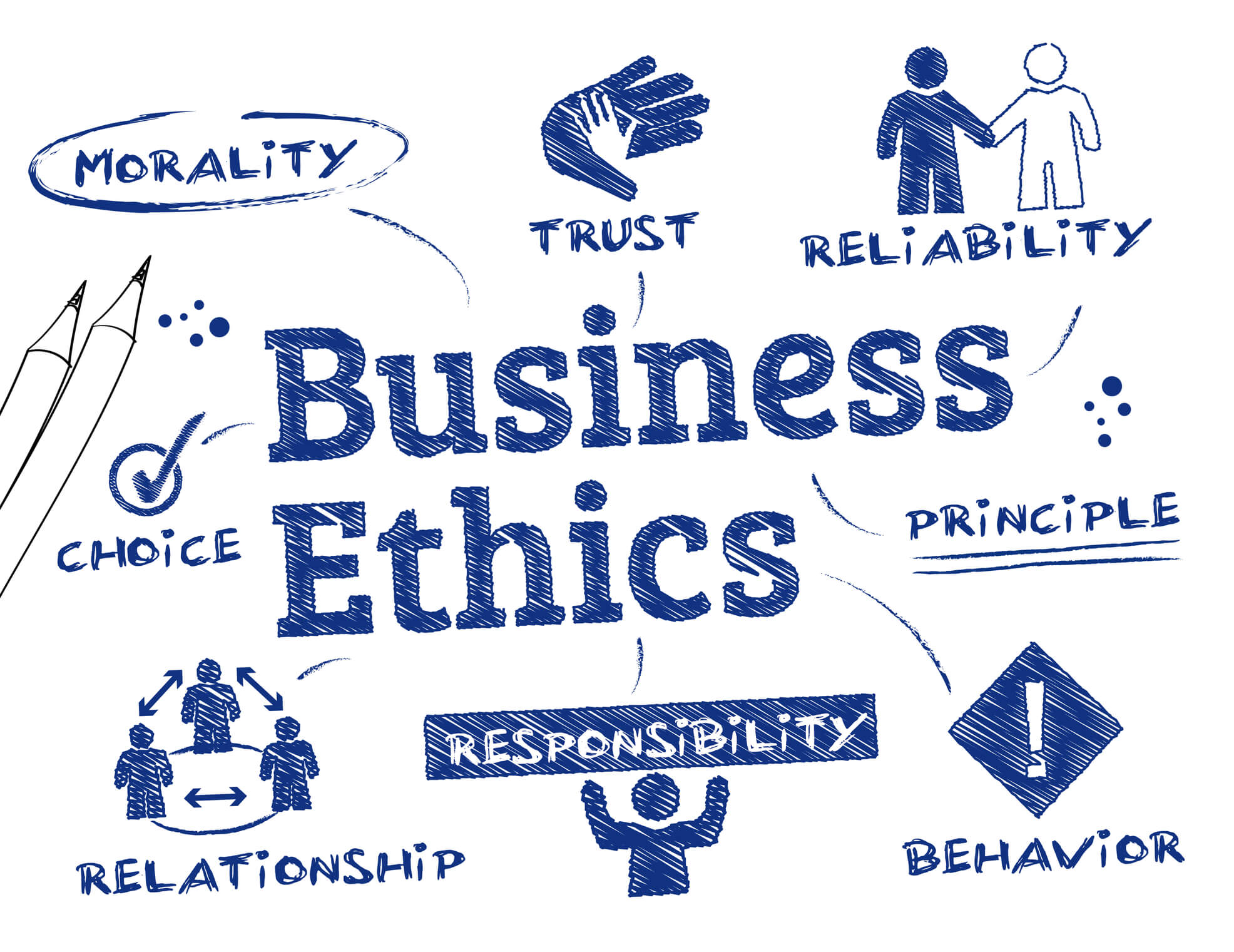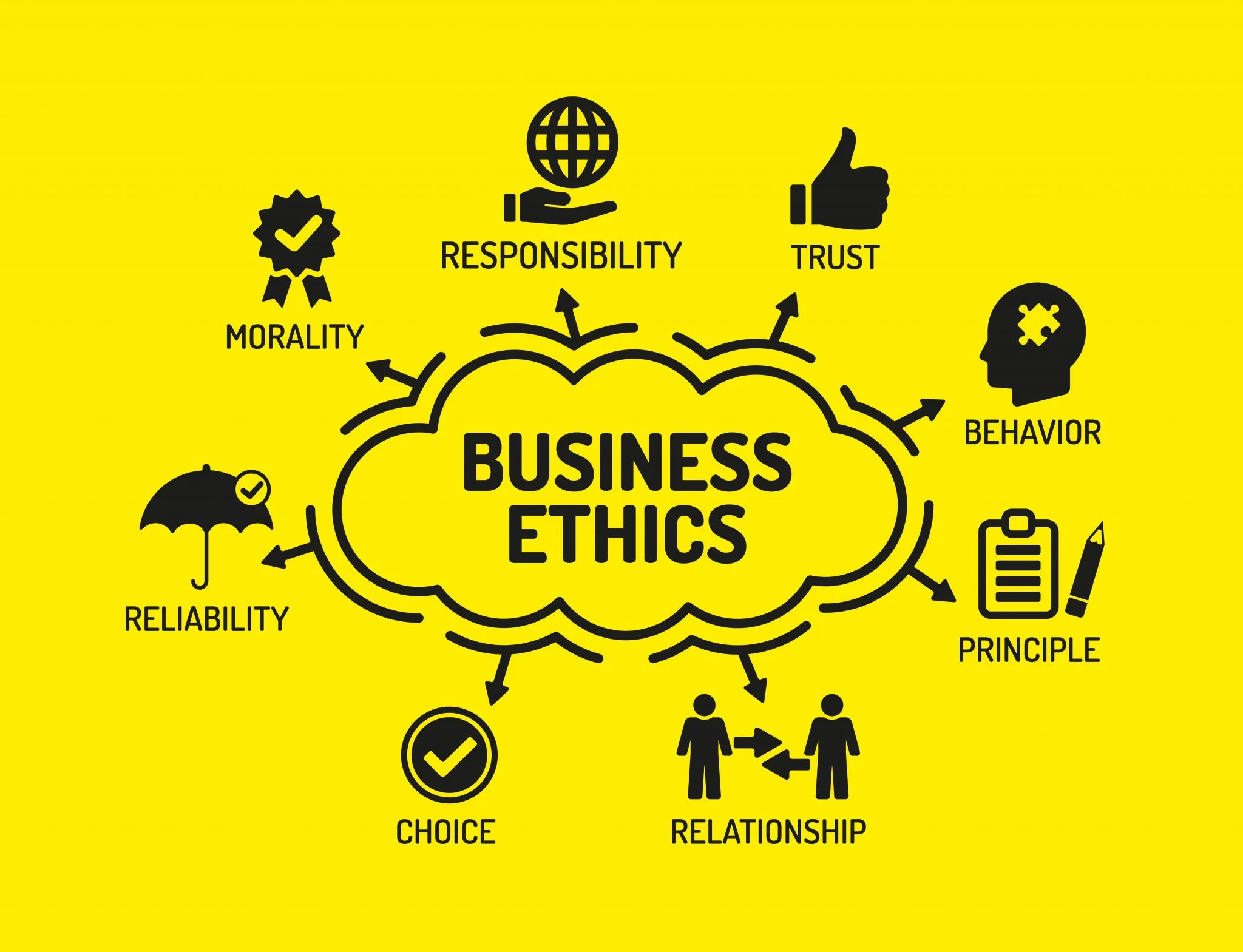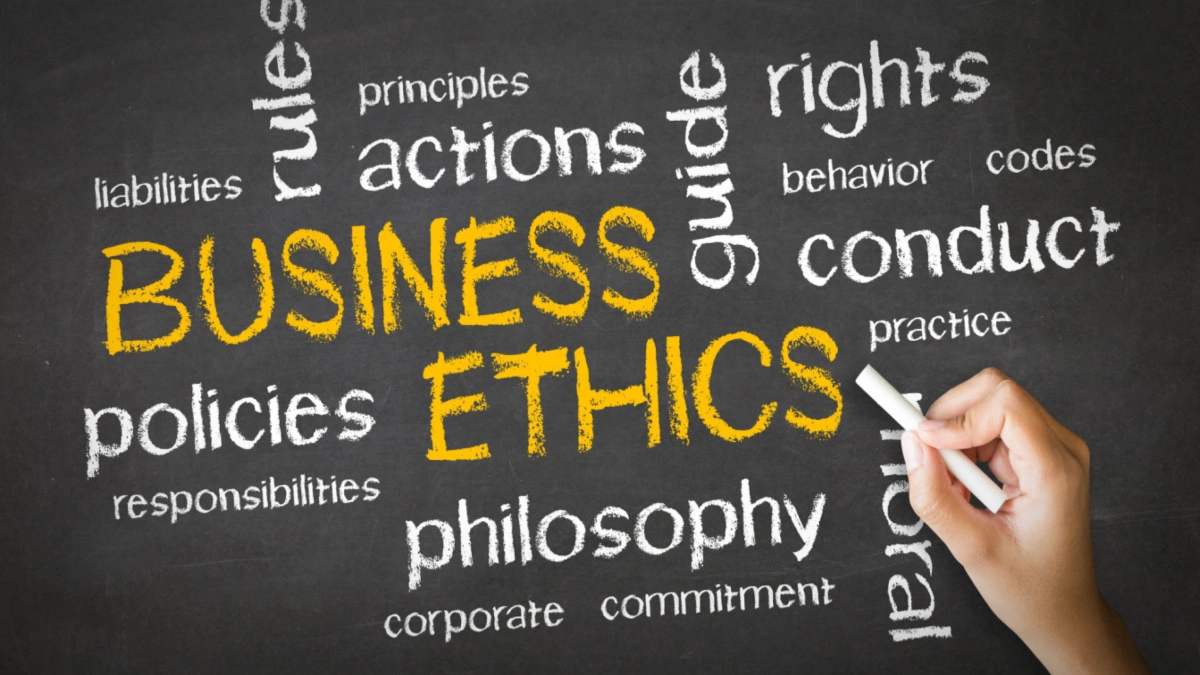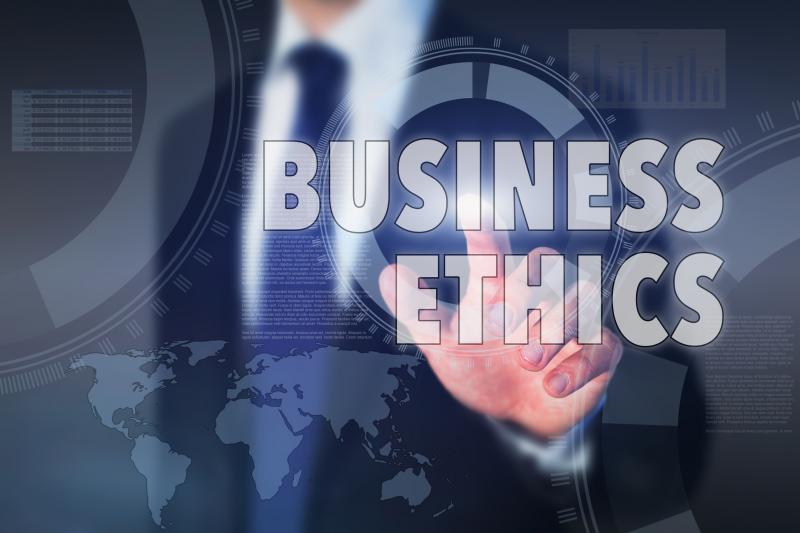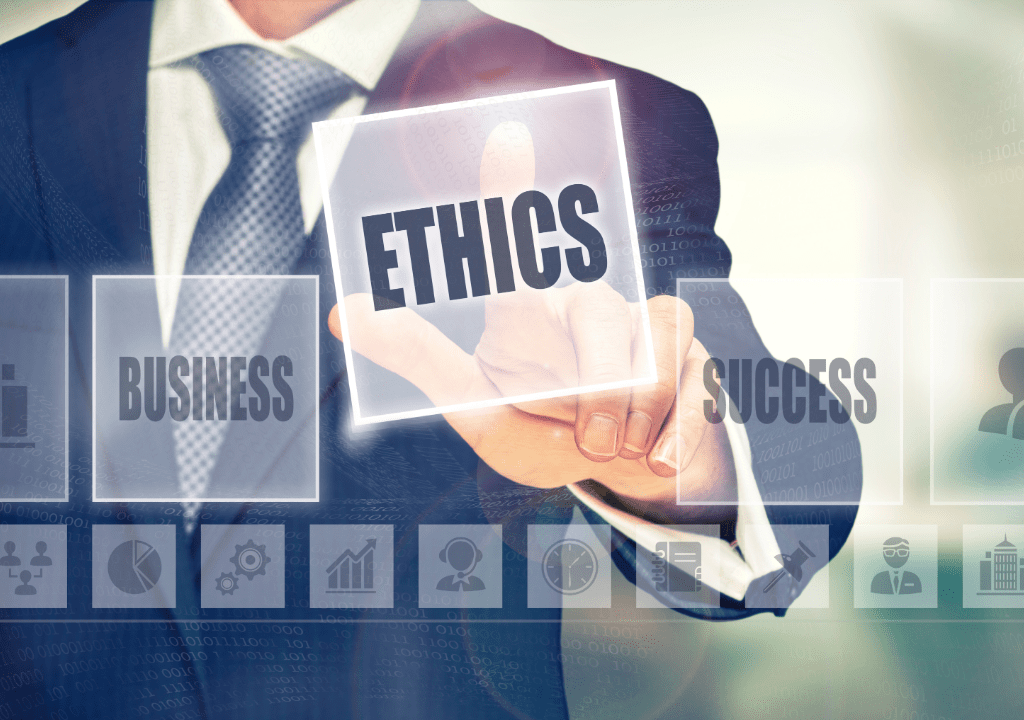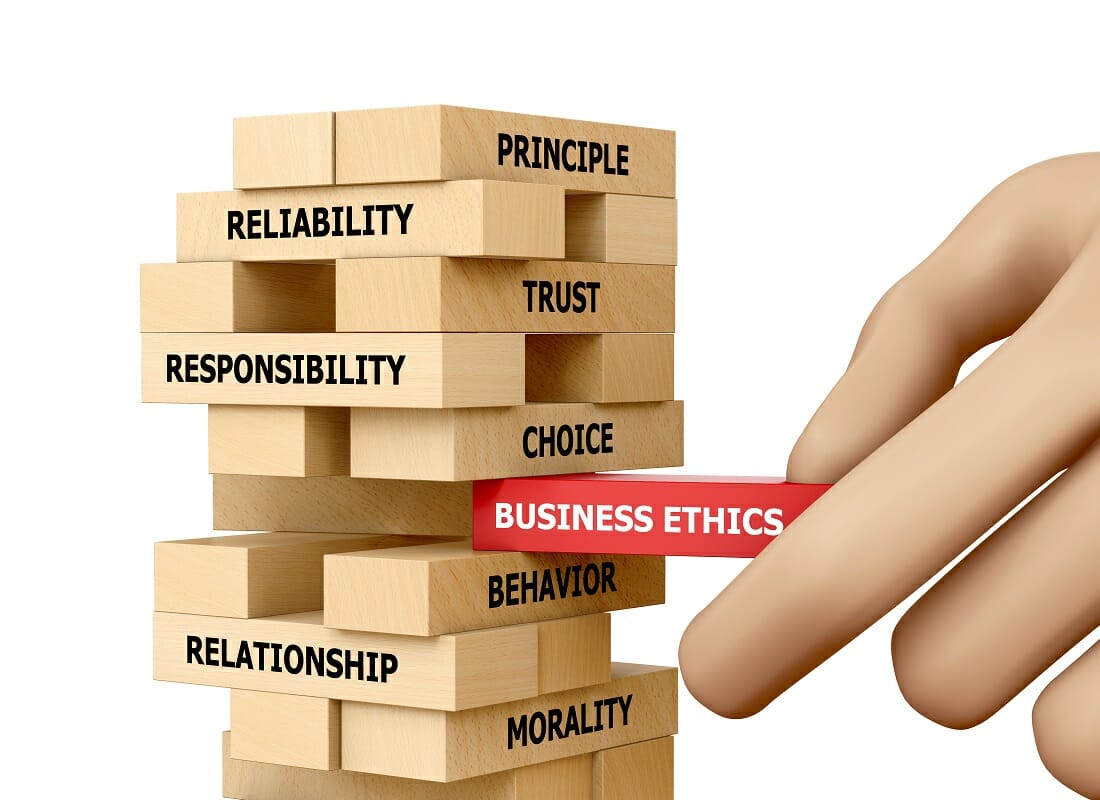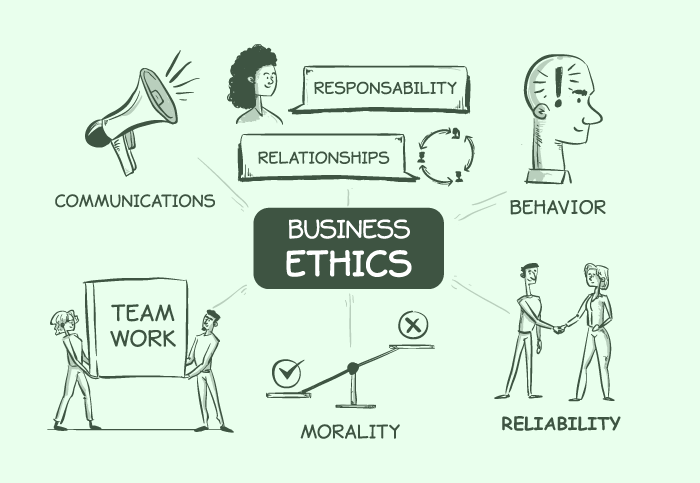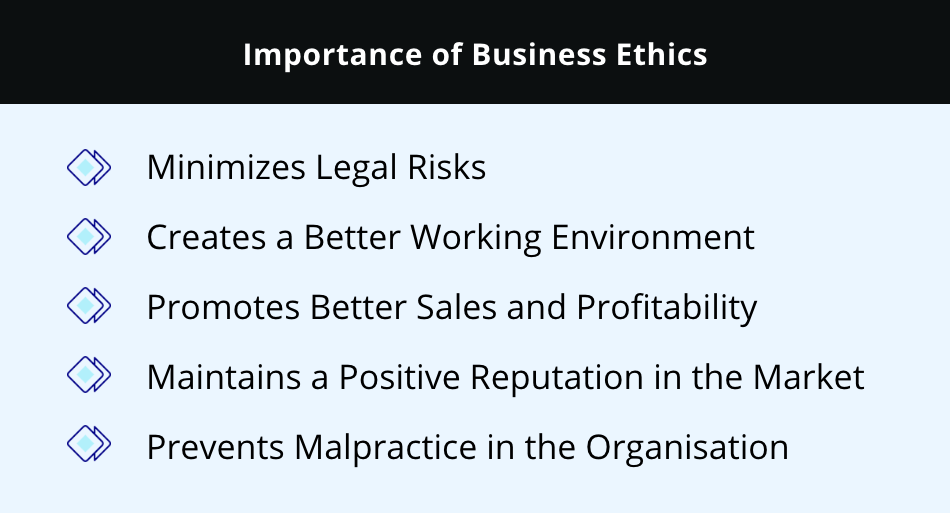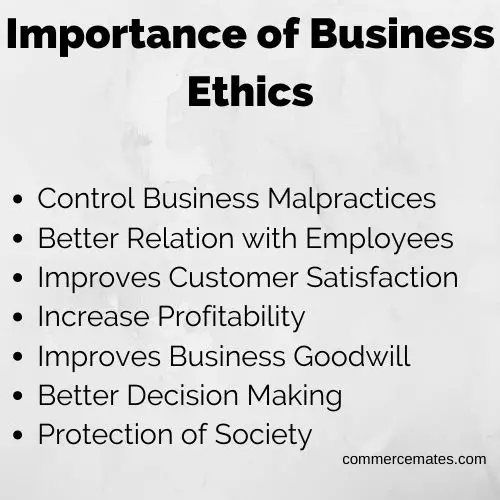The Importance Of Ethical Business Practice

In a world increasingly scrutinizing corporate behavior, ethical business practice is no longer a mere suggestion, but a vital imperative. From sustainable supply chains to transparent financial reporting, companies face unprecedented pressure to demonstrate integrity in every facet of their operations.
The implications of unethical conduct are far-reaching, impacting not only a company's bottom line but also its reputation, employee morale, and overall societal well-being. This article delves into the critical importance of ethical business practices, exploring their benefits, challenges, and the evolving landscape that demands greater corporate accountability.
The Multifaceted Benefits of Ethical Conduct
Ethical business practices yield a multitude of advantages. They foster trust among stakeholders, including customers, employees, investors, and the wider community.
Increased trust translates to stronger brand loyalty, improved employee retention, and greater investor confidence. A 2023 study by the Ethics & Compliance Initiative (ECI) found that companies with strong ethical cultures were significantly more likely to outperform their competitors in terms of financial performance.
Furthermore, ethical companies are better positioned to attract and retain top talent. Employees are increasingly seeking to work for organizations that align with their values, prioritizing purpose and integrity over purely financial rewards.
Beyond internal benefits, ethical practices contribute to a more sustainable and equitable society. Companies that prioritize environmental responsibility and social justice are actively shaping a better future for all.
Navigating the Challenges of Ethical Implementation
Despite the clear benefits, implementing ethical business practices is not without its challenges. One significant hurdle is the potential for short-term financial sacrifices.
Investing in sustainable supply chains, for example, may initially increase production costs. However, these investments often lead to long-term cost savings and enhanced brand reputation.
Another challenge is the complexity of global supply chains. Ensuring ethical labor practices and environmental standards across multiple countries and suppliers requires rigorous due diligence and ongoing monitoring.
According to a report by the United Nations Global Compact, many companies struggle to effectively monitor their supply chains for human rights violations and environmental damage. The report stresses the need for greater transparency and collaboration among businesses, governments, and civil society organizations.
The Role of Leadership and Culture
Ethical behavior starts at the top. Leaders must set the tone by demonstrating unwavering commitment to integrity and ethical decision-making.
A strong ethical culture requires clear policies, comprehensive training programs, and robust reporting mechanisms. Employees must feel empowered to raise concerns without fear of retaliation.
Whistleblower protection is crucial for fostering a culture of accountability. The Securities and Exchange Commission (SEC) has seen a significant increase in whistleblower tips in recent years, highlighting the importance of providing safe and confidential channels for reporting misconduct.
The Evolving Landscape of Corporate Accountability
The demands for ethical business practice are constantly evolving. Consumers are increasingly aware of social and environmental issues, and they are holding companies accountable for their actions.
Social media has amplified this trend, allowing consumers to quickly and easily share information about unethical behavior. Companies that fail to address these concerns risk reputational damage and consumer backlash.
Furthermore, governments are enacting stricter regulations to promote corporate responsibility. The European Union's Corporate Sustainability Reporting Directive (CSRD), for example, requires companies to disclose detailed information about their environmental, social, and governance (ESG) performance.
These regulations are driving greater transparency and accountability, forcing companies to integrate ethical considerations into their core business strategies.
"Ethical behavior is not optional; it's essential for long-term success. Companies that prioritize ethics will thrive in the future, while those that don't will be left behind." - Mary Barra, CEO of General Motors.
Looking Ahead: Embracing Ethical Imperatives
As the world becomes more interconnected and complex, the importance of ethical business practice will only continue to grow. Companies must embrace ethical imperatives as a fundamental part of their identity.
This requires a proactive approach, including ongoing assessment of ethical risks, investment in ethical training, and a commitment to transparency and accountability. By prioritizing ethical conduct, businesses can build stronger relationships with stakeholders, enhance their reputation, and contribute to a more sustainable and equitable future.
Ultimately, ethical business practice is not just about compliance; it's about creating a culture of integrity that permeates every aspect of the organization. This is the key to building a resilient and responsible business that can thrive in the long term.

